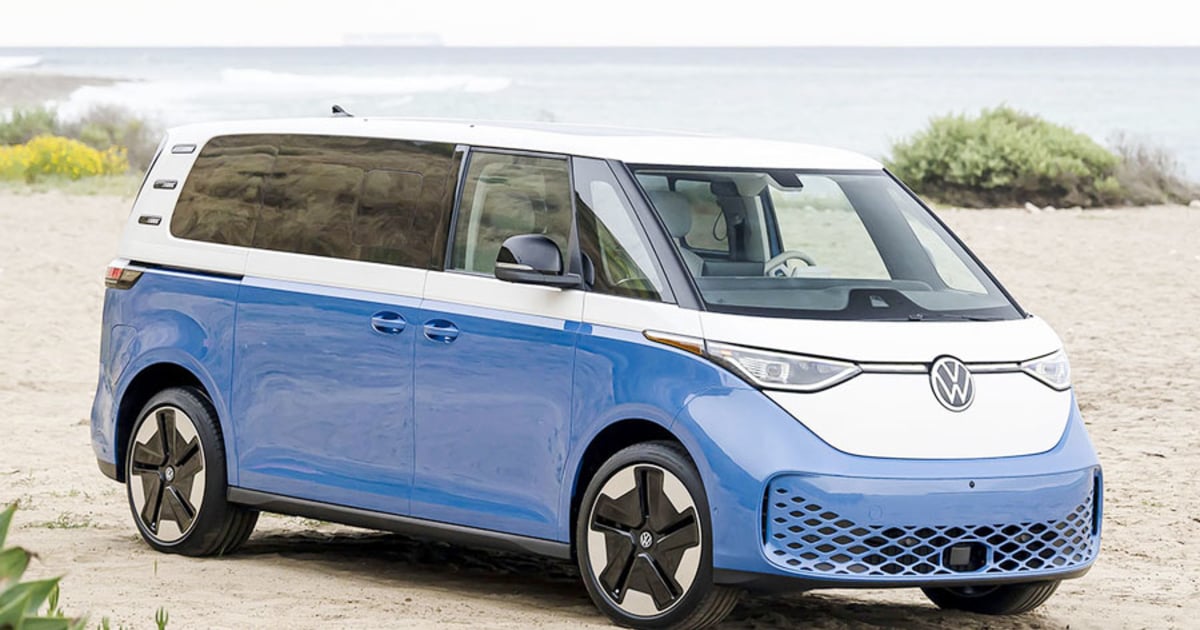
The industry shift to EVs is bringing fresh perspectives on automotive styling and utility, with everything from Tesla’s brutalist Cybertruck to the nostalgia of Volkswagen’s ID Buzz minivan right around the corner.
Startups are driving a lot of the experimentation, although legacy brands are finally transforming their electric concept vehicles into real ones.
VW is also keeping its combustion vehicles fresh during the EV transition. VW’s Atlas and Atlas Cross Sport will undergo a full redesign in 2026, starting what is likely to be their final product cycle as internal combustion vehicles. The next-generation Tiguan is now set to debut in 2025 and will bring along with it a new high-performance version at that time.
EV market leader Tesla is expanding its four-vehicle lineup with the Cybertruck pickup this year and is promising a mainstream “Model 2,” likely by 2025. Rival Rivian Automotive is also preparing less expensive models.
Fisker has shifted its priorities toward a pickup for its second model, based on its new Ocean crossover. VinFast has seen a wild ride for its stock price but has seen far less sales activity for its first vehicle in the U.S., the VF 8 crossover. The Vietnamese brand is promising VF 9, VF 7 and VF 6 models by the end of 2024.
The survival of some of the newer startups, such as Fisker and VinFast, depends on cash, market acceptance and plans for future U.S. factories to qualify for federal EV tax incentives.
If everything goes right, U.S. consumers will be swimming in EV choices just from these startups — and mighty VW — by the second half of the decade.

